The modern marketing landscape is a whirlwind of data, channels, and strategies. Businesses are constantly striving to reach their target audiences effectively, but managing the complexity of these efforts can quickly become overwhelming. That’s where marketing campaign management tools come in – they’re essential for streamlining processes, optimizing performance, and ultimately, driving better results. This article will delve into what these tools are, how they work, and which ones are best suited for different business needs. Understanding the right tools is crucial for any marketing team looking to maximize their impact.
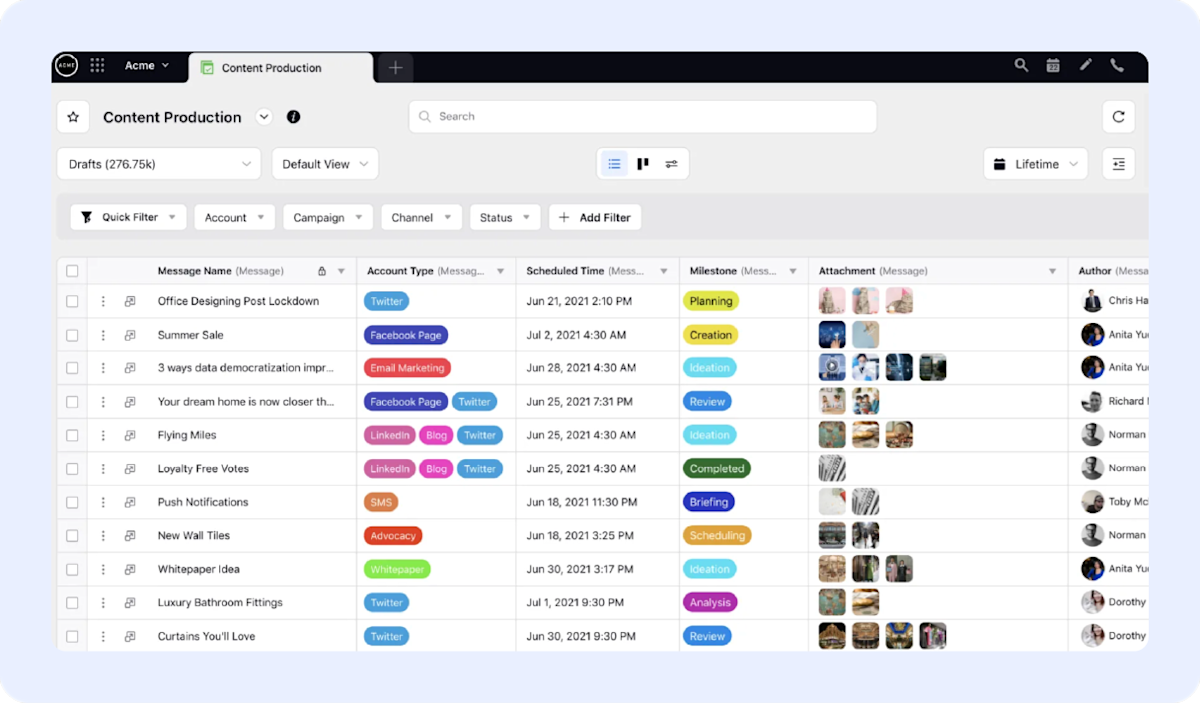
Marketing campaign management tools are software solutions designed to help businesses plan, execute, and analyze their marketing campaigns across various channels. They go beyond simple email marketing platforms, offering a comprehensive suite of features to manage everything from budget allocation to performance tracking. They’re no longer just a luxury; they’re a necessity for businesses of all sizes looking to compete effectively in today’s digital world. Choosing the right tool is a significant investment, so let’s explore the key aspects.
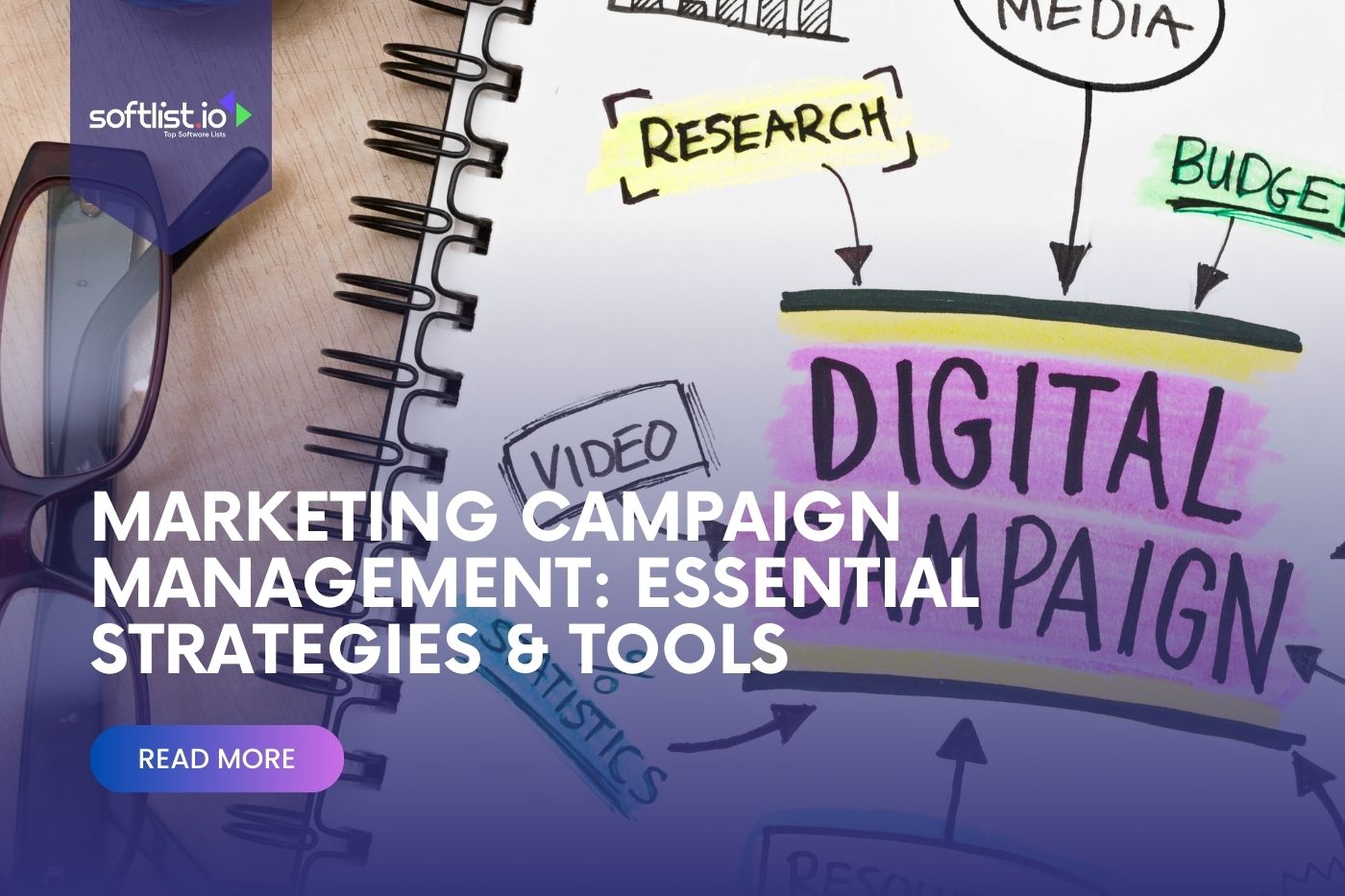
What are Marketing Campaign Management Tools?
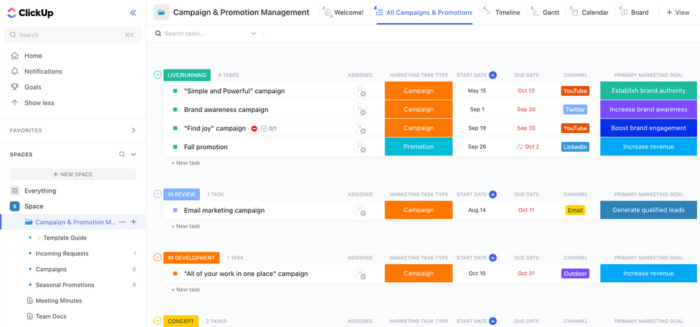
At their core, marketing campaign management tools automate and centralize many of the tasks involved in running marketing campaigns. They provide a centralized platform for managing all aspects of a campaign, from initial planning to post-campaign analysis. These tools typically offer a range of functionalities, including:
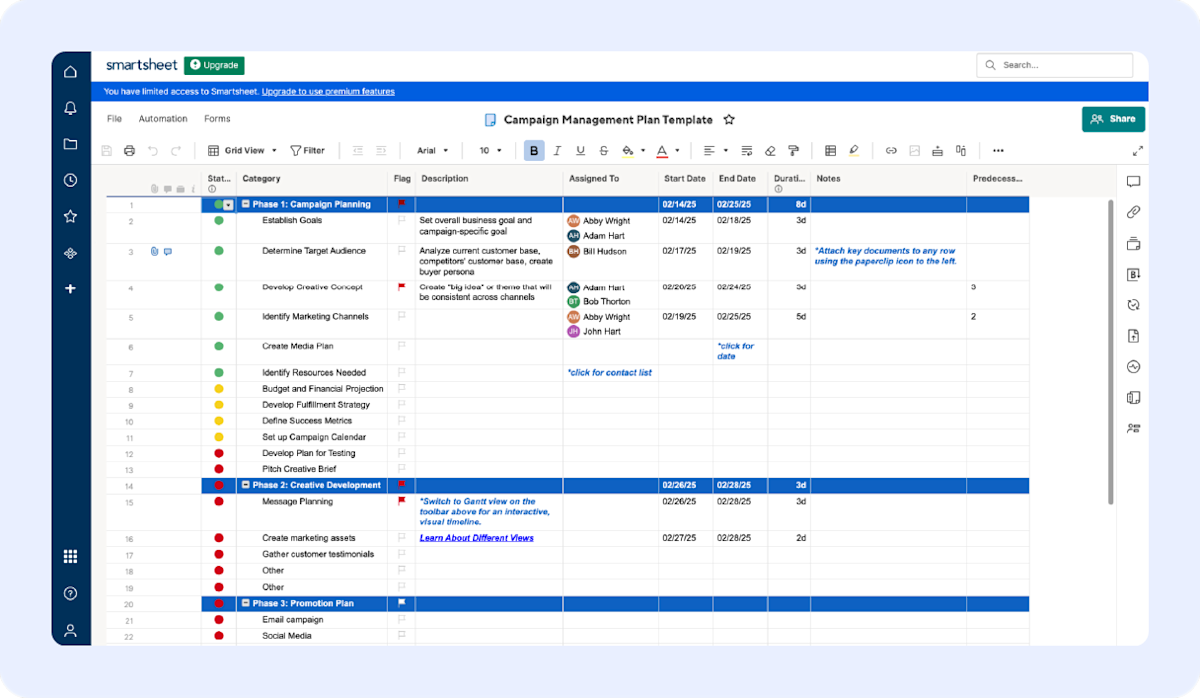
- Workflow Automation: Automating repetitive tasks like sending emails, scheduling social media posts, and updating CRM records.
- Channel Management: Connecting and managing campaigns across multiple channels – email, social media, paid advertising (Google Ads, Facebook Ads), SMS, and more.
- Budgeting & Tracking: Allocating budgets across campaigns, tracking spending, and monitoring ROI (Return on Investment).
- Reporting & Analytics: Generating detailed reports on campaign performance, identifying trends, and making data-driven decisions.
- Collaboration: Facilitating teamwork and communication among marketing teams.
Different tools cater to various needs and budgets. Some are designed for small businesses, while others are geared towards larger enterprises with complex marketing operations. The key is to find a tool that aligns with your specific goals and resources.

Key Features to Look For in a Marketing Campaign Management Tool
Several key features distinguish effective marketing campaign management tools. Here’s a breakdown of what to consider:

- Integration Capabilities: Seamless integration with your existing marketing platforms (CRM, email marketing software, social media platforms) is paramount. The ability to pull data directly into the tool is invaluable.
- Workflow Automation: Robust workflow automation is critical for efficiency. Features like conditional logic, task assignment, and automated notifications save time and reduce errors.
- Reporting & Analytics: Comprehensive reporting capabilities are essential for understanding campaign performance. Look for tools that offer customizable dashboards, A/B testing features, and the ability to track key metrics.
- Collaboration Features: Tools that allow multiple team members to collaborate on campaigns, share insights, and track progress are highly valuable.
- Mobile Accessibility: The ability to manage campaigns and access reports on the go is increasingly important for marketers who are constantly on the move.
- Pricing & Scalability: Consider the pricing model and ensure the tool can scale with your business as your needs grow.
Popular Marketing Campaign Management Tools
Several popular marketing campaign management tools are available, each with its own strengths and weaknesses. Here are a few of the most well-regarded options:
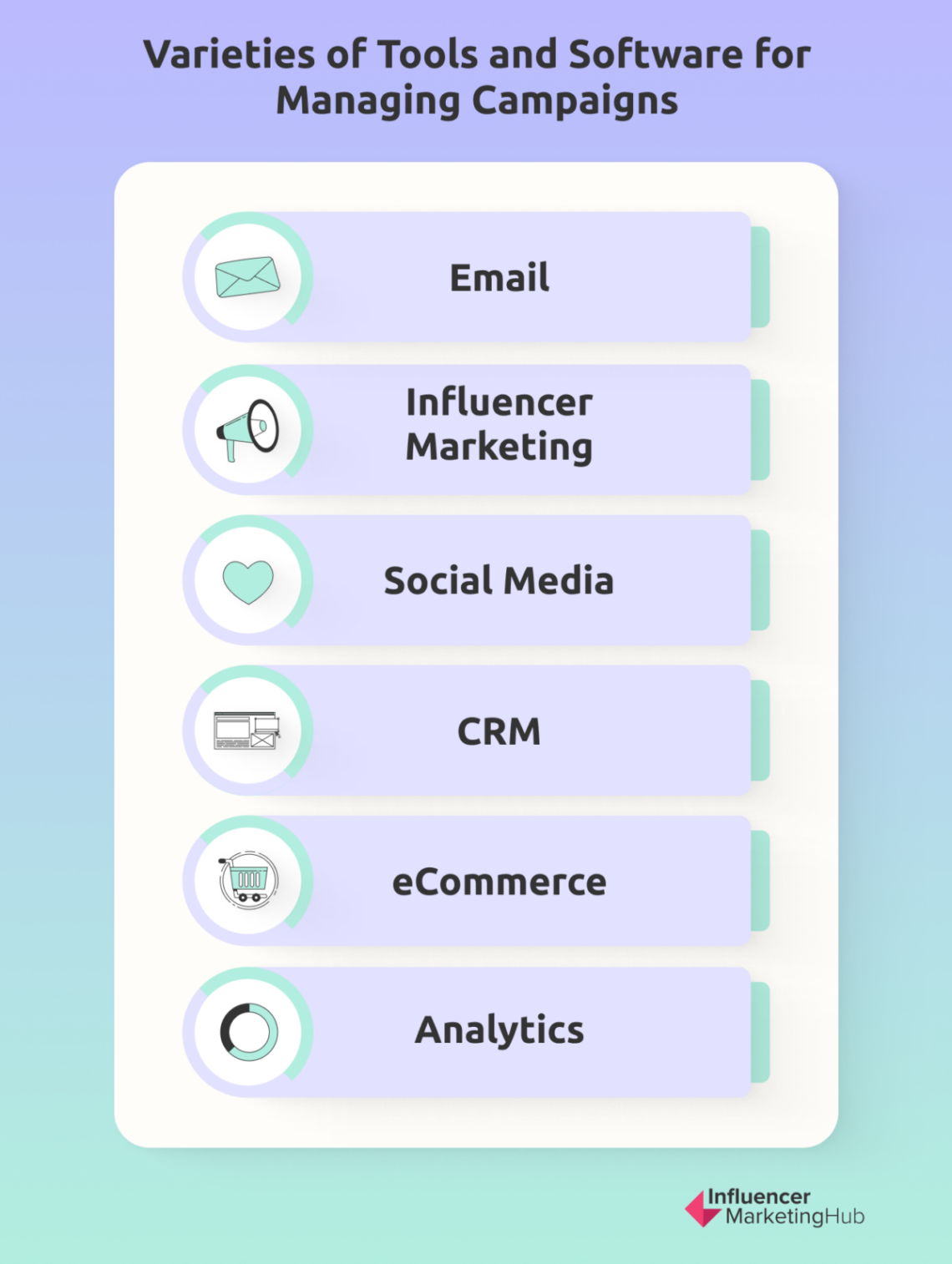
- HubSpot Marketing Hub: A comprehensive platform offering a wide range of features, including marketing automation, CRM, and analytics. It’s particularly popular with businesses that want to integrate marketing and sales efforts.
- Mailchimp: A leading email marketing platform with robust campaign management capabilities, making it a great choice for smaller businesses.
- ActiveCampaign: Known for its powerful automation features and CRM integration, ActiveCampaign is a strong contender for businesses that prioritize customer engagement.
- SEMrush: Primarily a SEO tool, SEMrush also offers robust campaign management features, including keyword research, competitor analysis, and bid management.
- Google Campaign Manager: A free tool offered by Google, it’s ideal for managing Google Ads campaigns and integrating with other Google marketing services.
Choosing the right tool depends on your specific requirements and budget. Many tools offer free trials, so it’s worth exploring a few options before making a decision.

The Importance of Segmentation and Targeting
Effective marketing campaign management tools don’t just focus on broad campaign execution; they also prioritize segmentation and targeting. Understanding your audience – their demographics, interests, behaviors, and purchase history – is crucial for creating targeted campaigns that resonate with the right people. Tools that allow you to segment your audience based on various criteria – such as location, age, income, or purchase history – are invaluable for optimizing campaign performance. Personalized messaging and tailored offers can significantly increase conversion rates.

Furthermore, targeting capabilities allow you to deliver the right message to the right people at the right time. This can involve using behavioral targeting (based on website activity), demographic targeting, or interest-based targeting. By leveraging these targeting options, you can ensure that your campaigns reach the most relevant audience, maximizing your ROI.
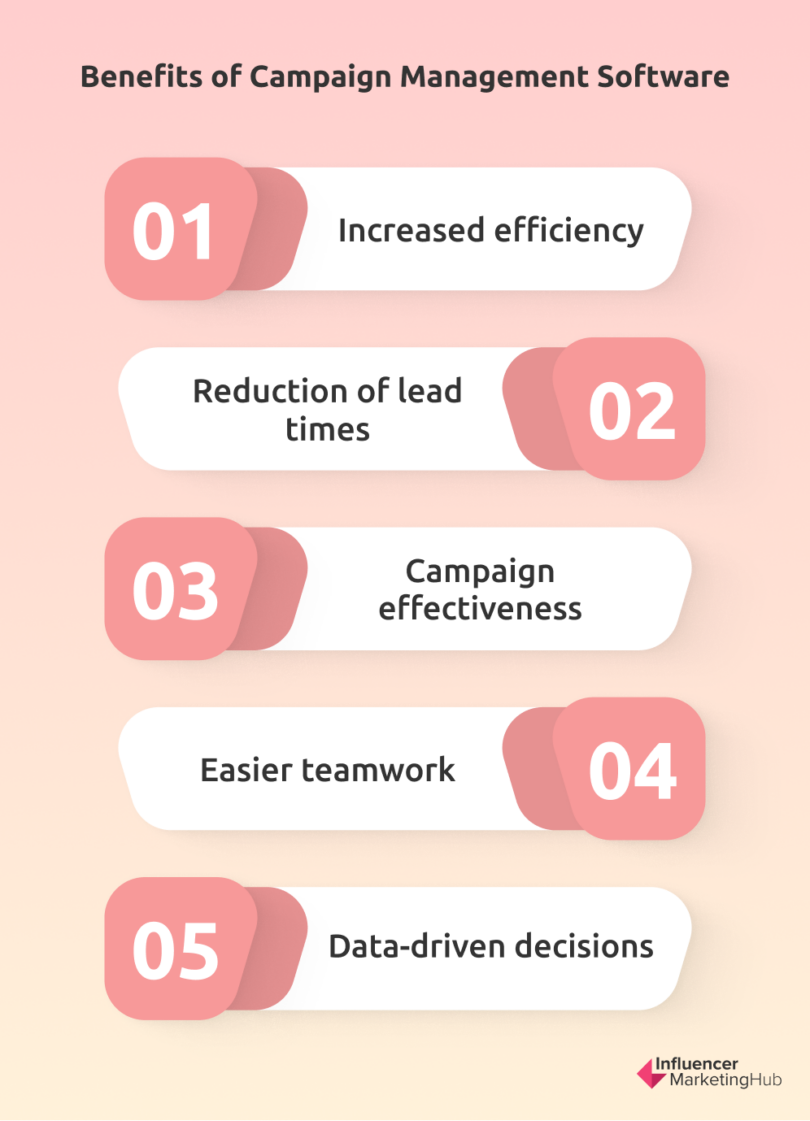
Advanced Features for Strategic Campaign Management
Beyond the basics, some marketing campaign management tools offer advanced features that can significantly enhance strategic campaign management. These include:
- Predictive Analytics: Utilizing machine learning to forecast campaign performance and identify potential issues before they arise.
- A/B Testing: Automated A/B testing to continuously optimize campaign elements and improve results.
- Attribution Modeling: Understanding which marketing channels are contributing most to conversions.
- Social Listening: Monitoring social media conversations to gain insights into customer sentiment and brand reputation.
Best Practices for Using Marketing Campaign Management Tools
To maximize the benefits of marketing campaign management tools, it’s important to follow best practices:
- Start Small: Begin with a limited set of features and gradually expand as your needs evolve.
- Train Your Team: Ensure your team is properly trained on how to use the tool effectively.
- Regularly Review Performance: Monitor campaign performance and make adjustments as needed.
- Data-Driven Decisions: Base your decisions on data and analytics, not just gut feeling.
- Integrate with Other Systems: Seamless integration with your existing marketing platforms is key to maximizing efficiency.
Conclusion
Marketing campaign management tools have become indispensable for businesses of all sizes. They streamline processes, optimize performance, and provide valuable insights into campaign effectiveness. By carefully selecting a tool that aligns with your specific needs and implementing best practices, you can significantly improve your marketing ROI and achieve your business goals. The ability to automate tasks, track performance, and segment audiences is a game-changer for modern marketing. As technology continues to evolve, marketing campaign management tools will undoubtedly become even more sophisticated and integrated into the marketing landscape. Investing in the right tools is an investment in the future of your marketing efforts.